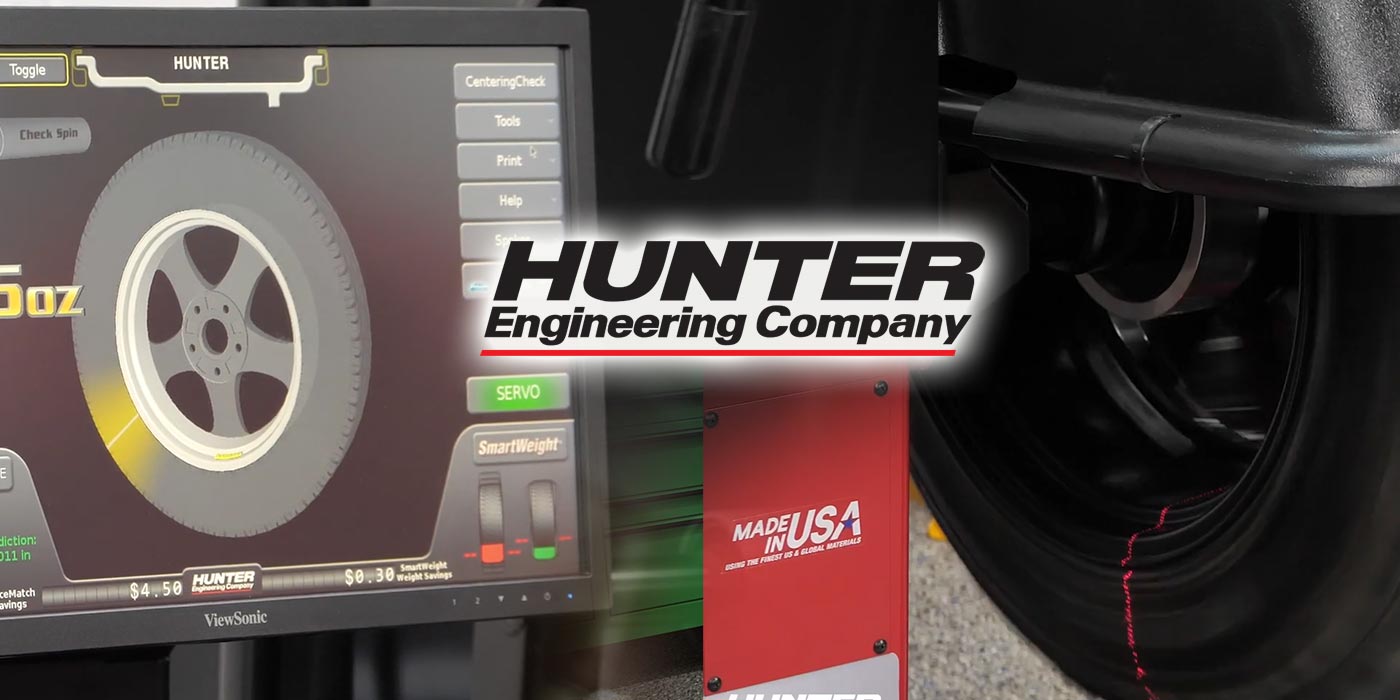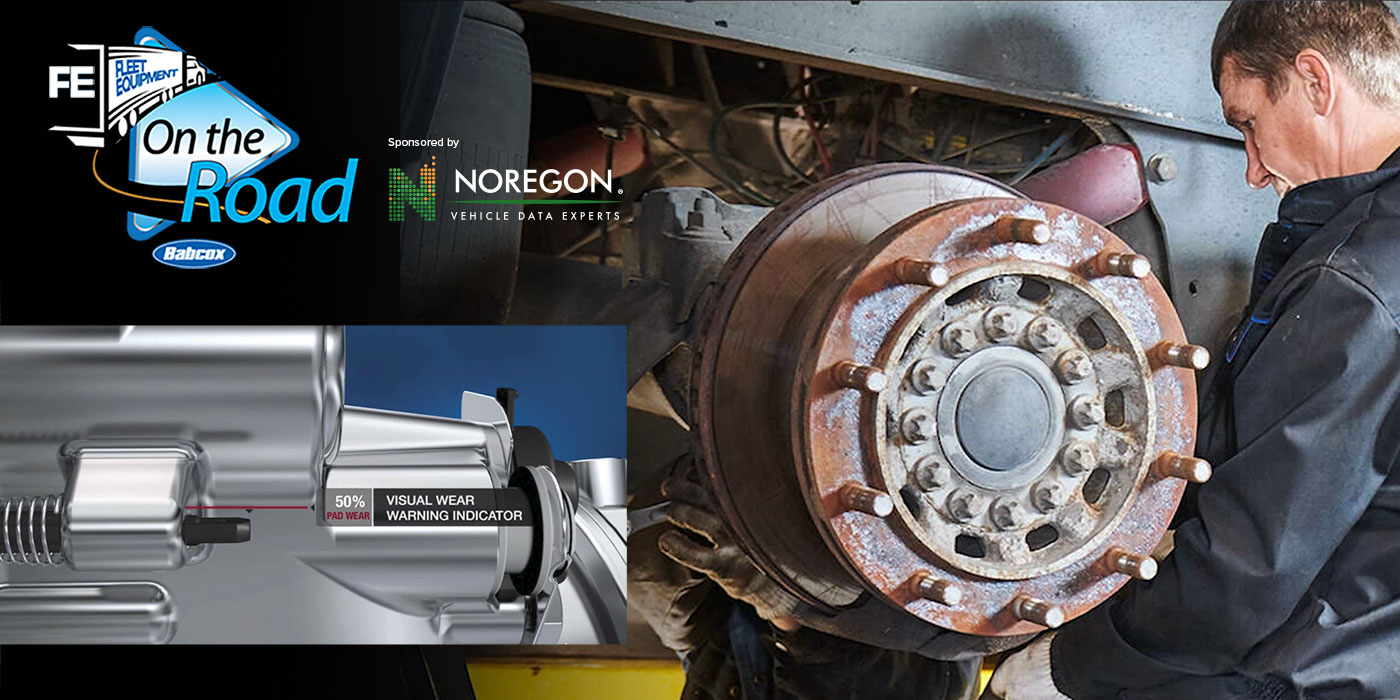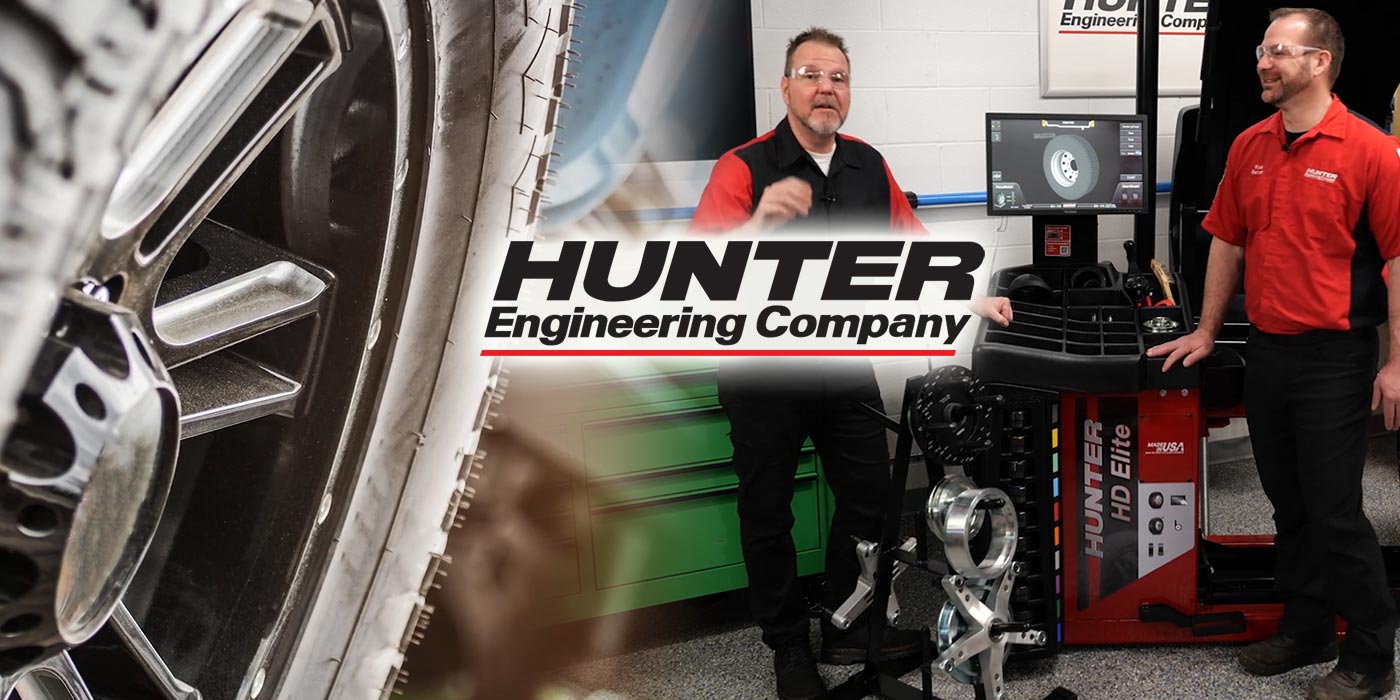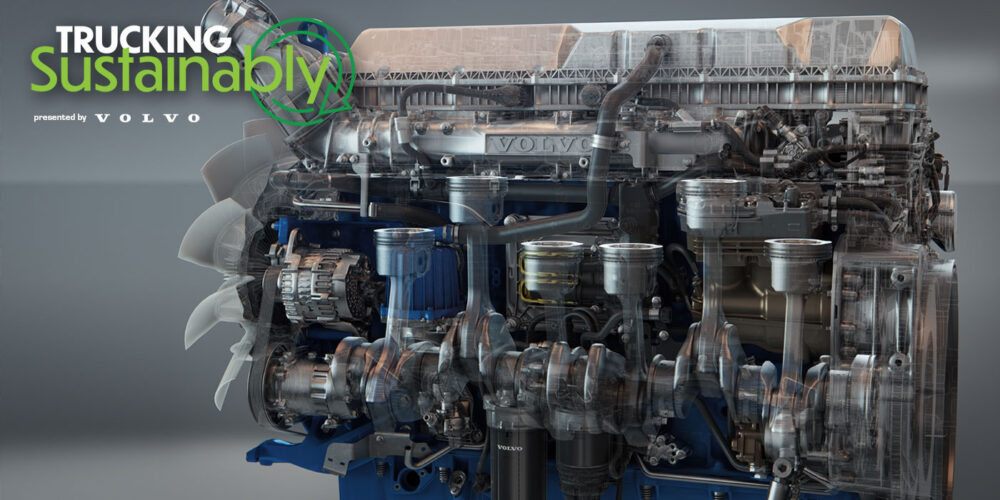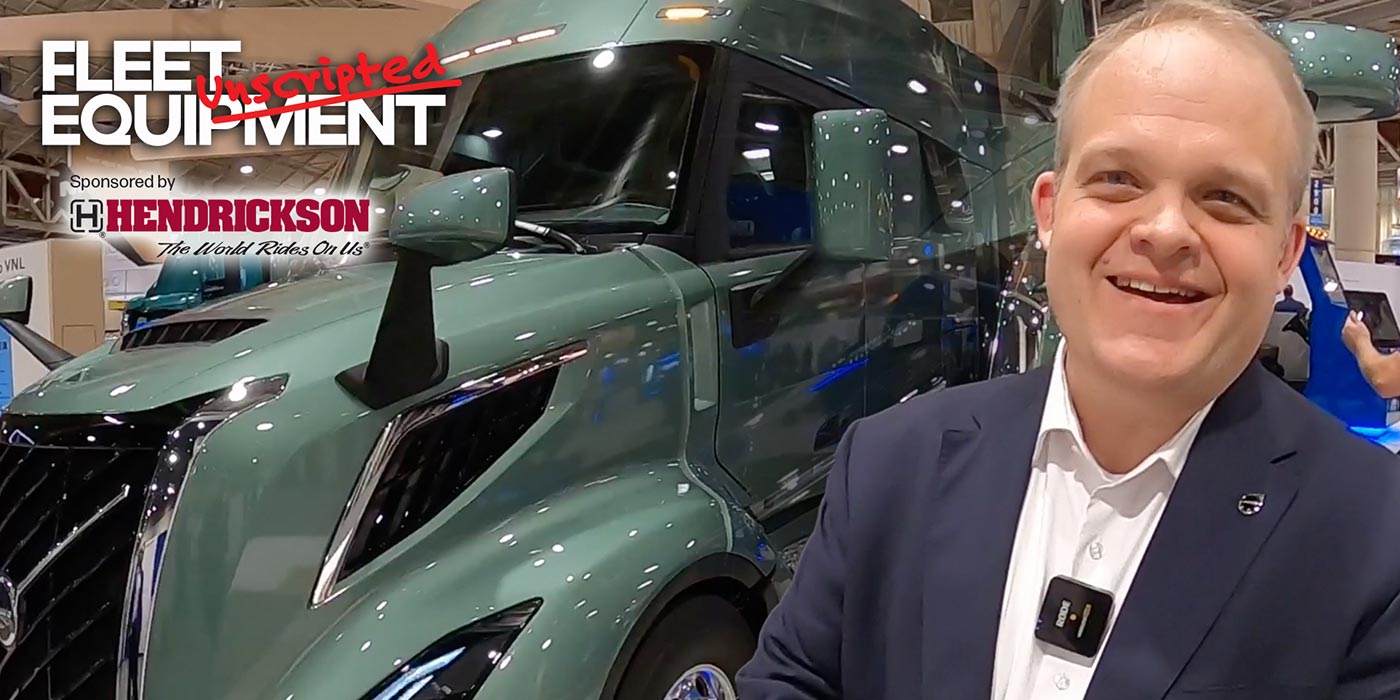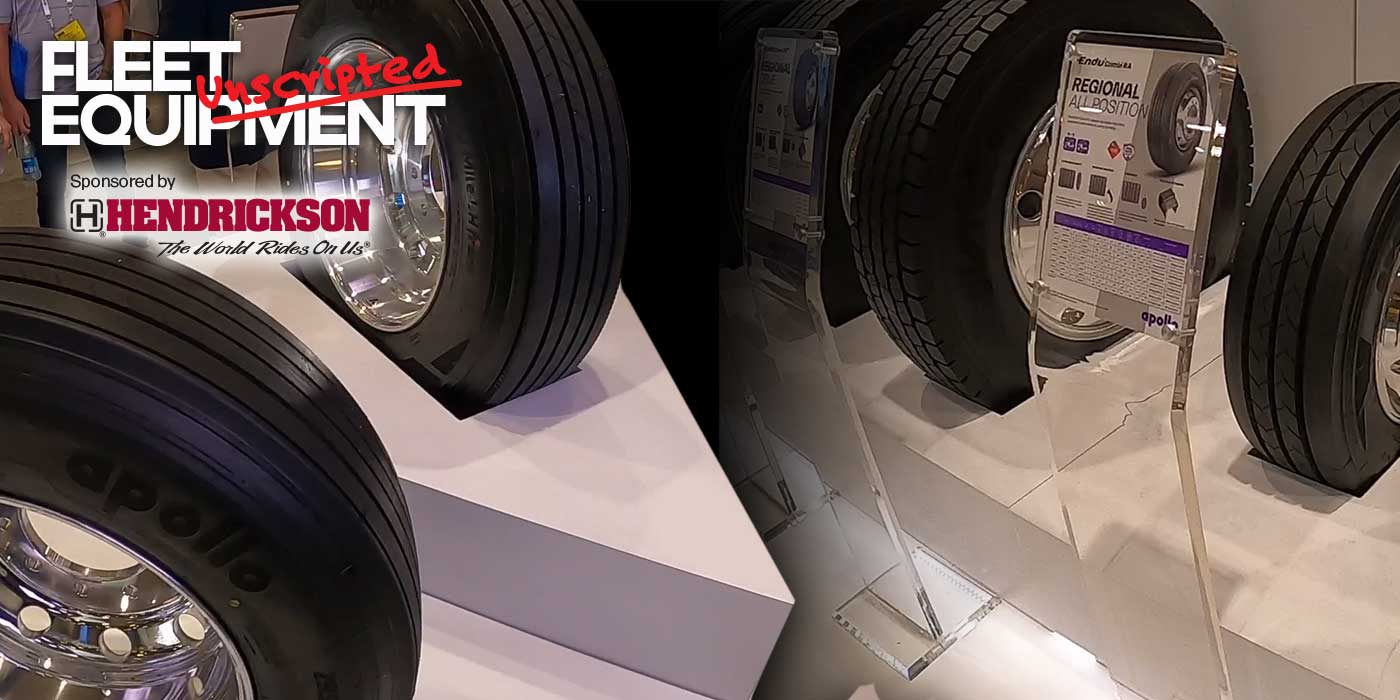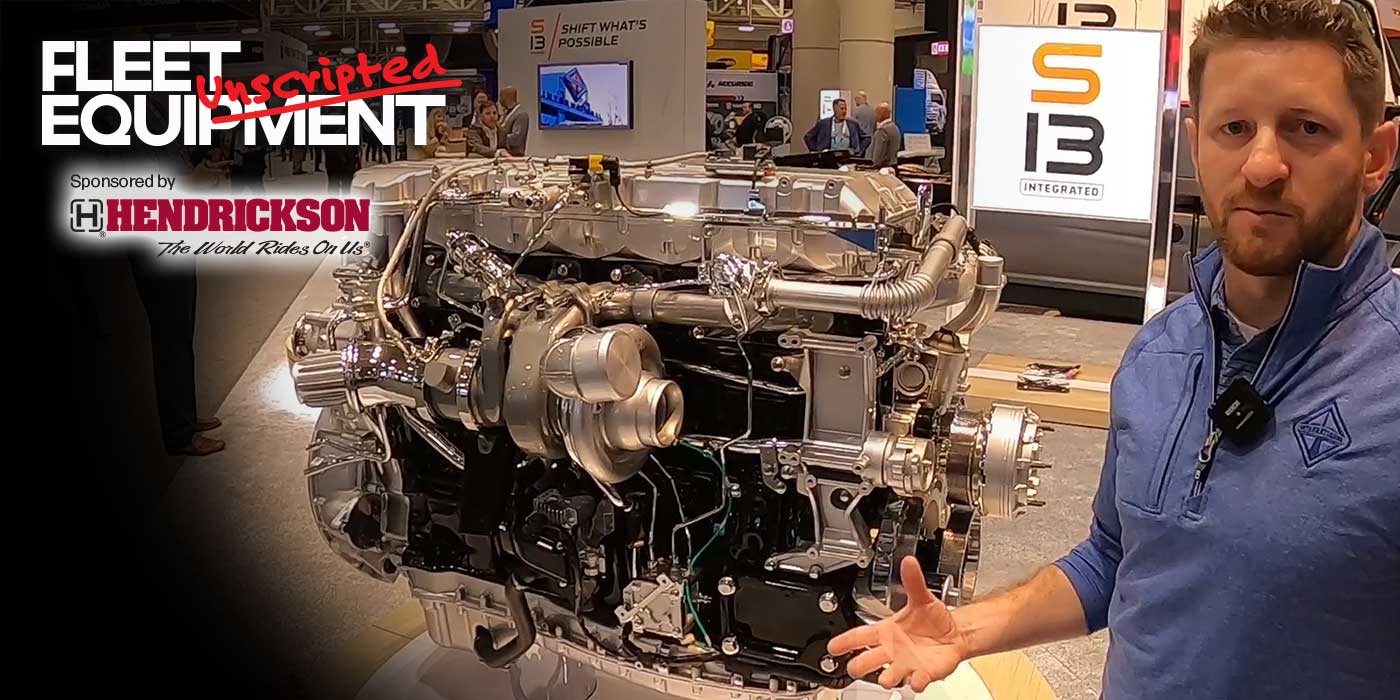The automated truck driving excitement among some fleets is palpable. The automated driver assistance systems–like the currently available adaptive cruise control and lane keep assist features–that are the foundational stepping stones of automated driving technology are seeing strong adoption rates, according to OEMs. Yet, the step from Level 2 automated assistance systems to Level 4 self-driving is a big one.
Before self-driving technology can change truck operation, companies developing this technology, like Torc Robotics, know that safety is paramount. No system is hitting the road until there’s a proven safety track record. But we’re getting closer. How much closer?
For that answer, I connected with Torc Robotics CEO Dr. Peter Vaughan Schmidt for an update on where Torc is at on the autonomous trucking road map, what the globalization that Daimler Trucks can bring to Torc means for the technology development and how this might impact fleet operations once it arrives. Watch the video above for all of his insight.
Take a ride in a self-driving truck
While I’m in the studio, Fleet Equipment Associate Editor, Tess Lovrak, got a chance to kick the tires on a Torc autonomous truck earlier this year. Click below for more on that story:
Unscripted page to catch all of our Unscripted episodes, and subscribe to our newsletter by clicking here to have the latest news and in-depth trucking stories delivered straight to your inbox.
Fleet Equipment Unscripted is sponsored by Hendrickson.


